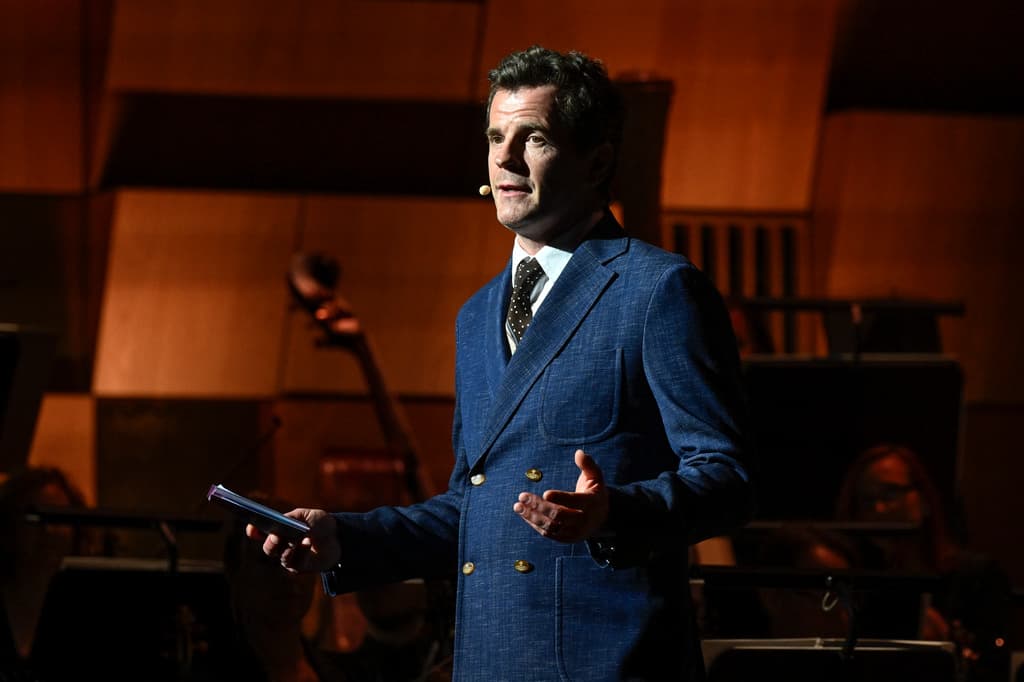EBU is setting up a new crisis management group after this year's chaotic competition in Malmö. The Swedish Eurovision chief, Martin Österdahl, welcomes the decision.
These reinforcements are needed, says Martin Österdahl.
A new role will oversee Martin Österdahl's work and take over some of his more long-term tasks. But Österdahl doesn't see it as stepping aside. His leadership role will also involve participating in the new working group that will focus on crisis management and crisis communication.
The Eurovision Song Contest has grown explosively, not least over the past four years, and the event has in many ways outgrown our organization, says Martin Österdahl.
If we compare ourselves to a larger sporting event with similar media pressure, we've probably been a bit naive from Eurovision's side and haven't really had the resources we need.
Booed by the audience
The Eurovision in Malmö 2024 was marked by protests against Israel's participation, threats of withdrawal, and disqualification of the Netherlands' entry during Eurovision week. EBU chief Martin Österdahl was booed by a frustrated audience in the arena during the final evening.
My focus was on getting through these changes, that they would be flawless and that everyone would come out unscathed. If there needed to be an outlet for frustration and disappointment, then booing is okay for my part. The main thing was that no one got hurt, he says.
"Complex issue"
Martin Österdahl is proud that Eurovision 2024 had high viewing figures and that the competition generated great engagement. He notes that Eurovision has lived with "geopolitical tensions" throughout the years, but that it became extra difficult in Malmö.
The Middle East issue is complex. They're struggling with it in the White House and at 10 Downing Street, so it's clear that it's difficult for an organization like EBU as well. I have no concrete answers on how we'll solve it in the future, but that decision-making mandates will become clearer and communication will improve, that's what we'll focus on.
Some artists threatened to withdraw. Will the new working group work to prevent such things?
During the summer and autumn, we'll review how communication within the member organization works and ensure that all information gets through all the way. From the highest delegation to the delegation leaders to the artists. There, it's clearly broken, says Martin Österdahl.






